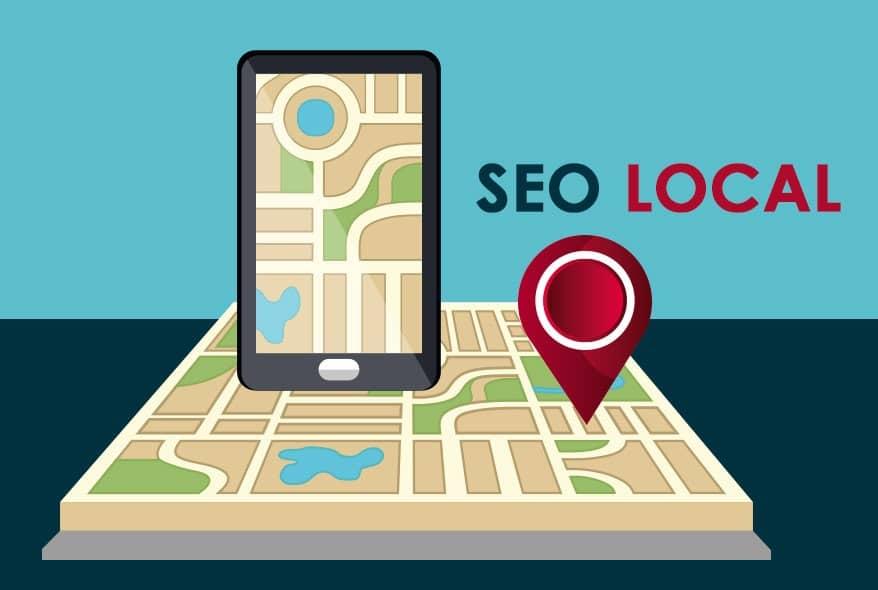
As the healthcare industry continues to evolve, medical practices and healthcare providers face increasing demands for improved patient care, streamlined operations, and cost-effective solutions. One effective way to meet these needs is by hiring healthcare virtual assistants (VAs). These skilled professionals work remotely to support healthcare providers in managing administrative and clinical tasks, allowing medical staff to focus more on patient care. From scheduling appointments to handling patient inquiries, healthcare VAs help practices run smoothly and efficiently, providing numerous benefits to both providers and patients.
What is a Healthcare Virtual Assistant?
A healthcare virtual assistant is a remote professional trained in managing various tasks specific to medical settings. These assistants often have experience with healthcare software and an understanding of patient confidentiality regulations, such as HIPAA in the United States. They perform a wide range of functions, including administrative support, patient communication, medical billing, data entry, and even some aspects of telehealth services. By handling these responsibilities remotely, healthcare VAs free up in-house staff and reduce the operational load, improving overall efficiency.
Key Benefits of Hiring a Healthcare Virtual Assistant
1. Reduced Administrative Burden
One of the main advantages of hiring a healthcare VA is their ability to manage time-consuming administrative tasks. Healthcare VAs can schedule appointments, manage patient records, update patient information, handle email inquiries, and follow up on patient appointments. This support allows in-house staff to focus on more critical tasks, like assisting doctors and ensuring a smooth patient experience.
2. Cost Savings
Hiring a full-time employee comes with additional expenses like salaries, benefits, and workspace needs. A healthcare VA, on the other hand, works remotely and often charges an hourly or project-based rate. This structure allows medical practices to only pay for the services they need, reducing overall costs. The flexibility of hiring a healthcare VA on a part-time basis or during peak seasons further adds to these savings, making it a cost-effective option for clinics and smaller practices.
3. Enhanced Patient Communication
Good communication is essential in healthcare, and healthcare VAs play a vital role in keeping lines of communication open with patients. VAs can handle patient inquiries, send appointment reminders, confirm schedules, and follow up on missed appointments. This improved communication leads to better patient engagement, which is known to positively impact patient satisfaction and health outcomes.
4. Streamlined Billing and Insurance Processes
Medical billing and insurance processing can be complex and time-intensive. Healthcare VAs trained in billing software and insurance protocols can help manage these tasks, reducing errors and ensuring claims are processed efficiently. By supporting in-house staff in these areas, healthcare VAs contribute to faster revenue cycles and fewer billing issues.
How Healthcare Virtual Assistants Improve Workflow
Healthcare VAs also play a key role in enhancing workflow within medical practices. By delegating specific tasks to VAs, healthcare providers can prioritize clinical tasks and focus on patient care rather than paperwork. VAs can also assist with data entry, updating electronic health records (EHR), and organizing medical documents, ensuring that the practice stays organized and compliant with record-keeping standards.
Using Technology for Seamless Collaboration
Healthcare VAs work effectively by using secure communication tools and specialized healthcare software. Many practices use telemedicine platforms, cloud-based EHRs, and patient portals, which healthcare VAs can access remotely to manage patient information securely. Tools like Zoom and HIPAA-compliant messaging platforms allow VAs and medical staff to collaborate seamlessly, regardless of location.
Conclusion
Hiring a healthcare virtual assistant provides a practical solution for medical practices looking to improve efficiency, save costs, and deliver better patient care. By handling administrative, billing, and communication tasks, healthcare VAs help create a more organized and patient-centered environment. With their expertise and flexibility, healthcare VAs are invaluable assets to modern healthcare settings, supporting providers in delivering high-quality care while optimizing their operations.



